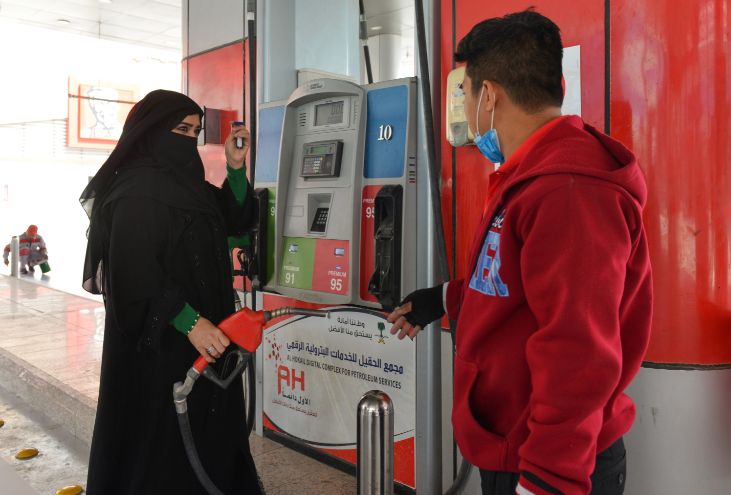São Paulo – The Gulf Cooperation Council (GCC), whose member countries accounted for a fifth of world oil output between them, need to tailor their fiscal policies to match the reality of oil prices, which are seen remaining lower in the long term. The information is from a publication released by the International Monetary Fund (IMF) this Thursday (06).
According to the report, titled “The Future of Oil and Fiscal Sustainability in the GCC Region,” the global oil market is changing, with new power-saving technologies being employed and mounting environmental concerns causing the world to gradually move away. The IMF report argues that this poses a significant challenge to the Gulf’s oil exporting countries.
On the other hand, the IMF claims GCC countries recognize the need to scale down their dependence on oil, and are rolling out reforms to diversify their economies. According to the report, “at the current fiscal stance, the region’s financial wealth could be depleted by 2034” and “fiscal sustainability will require significant consolidation in the coming years.”
According to the IMF, the world’s demand for oil “oil is expected to grow more slowly and eventually begin to decline in the next two decades.” The organization believes ongoing reforms towards economic diversification and private sector development need to accelerate. However, it also argues that demand for natural gas will benefit the Gulf countries, which hold considerable gas reserves.
Oil barrel prices peaked at over USD 100 in 2014 before spiraling down. Late 2018 saw the barrel climb again, to around USD 80, before eventually stabilizing at lower levels, with minor ups and downs. The Brent oil barrel is currently selling for USD 55.
Translated by Gabriel Pomerancblum




